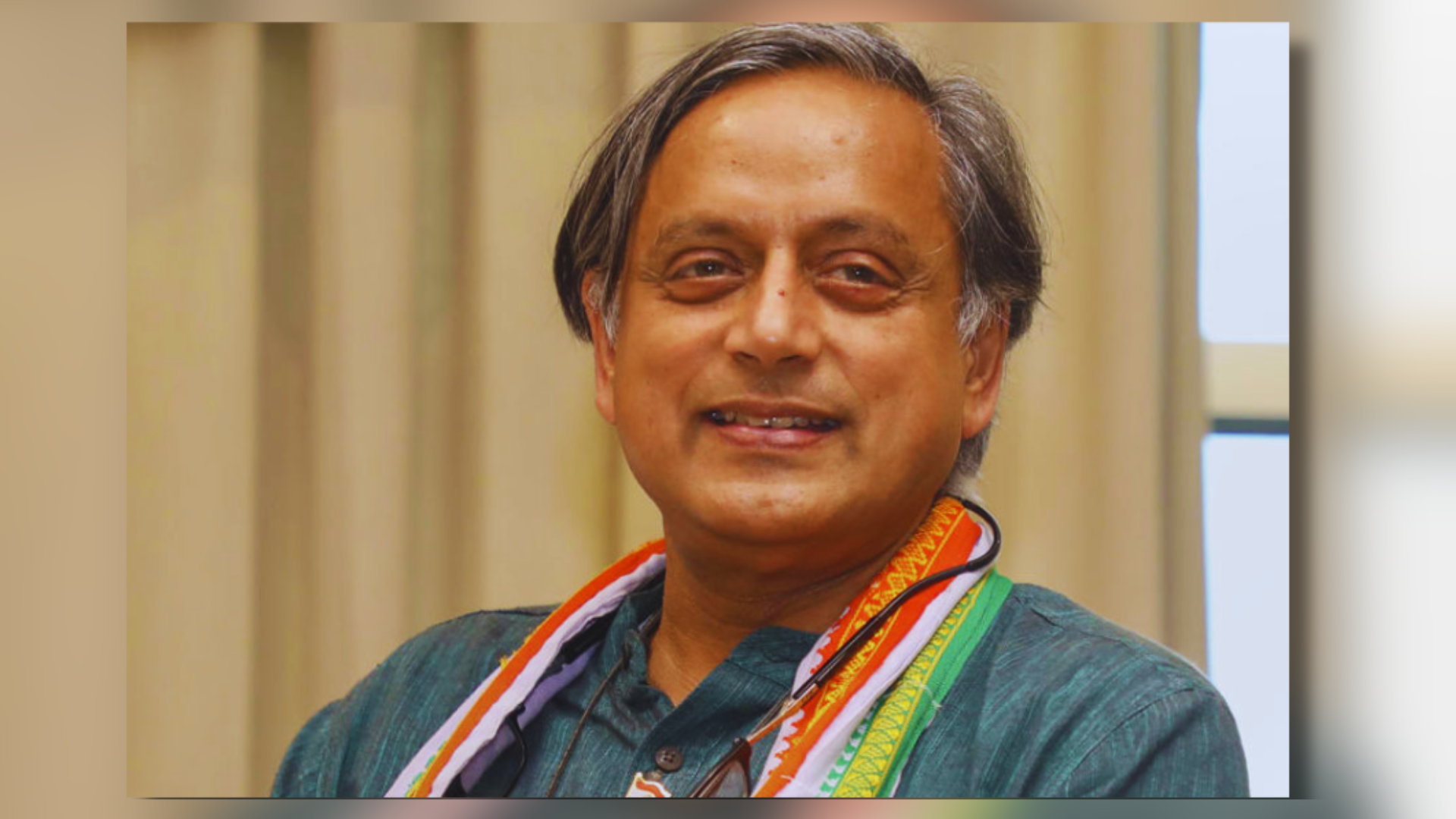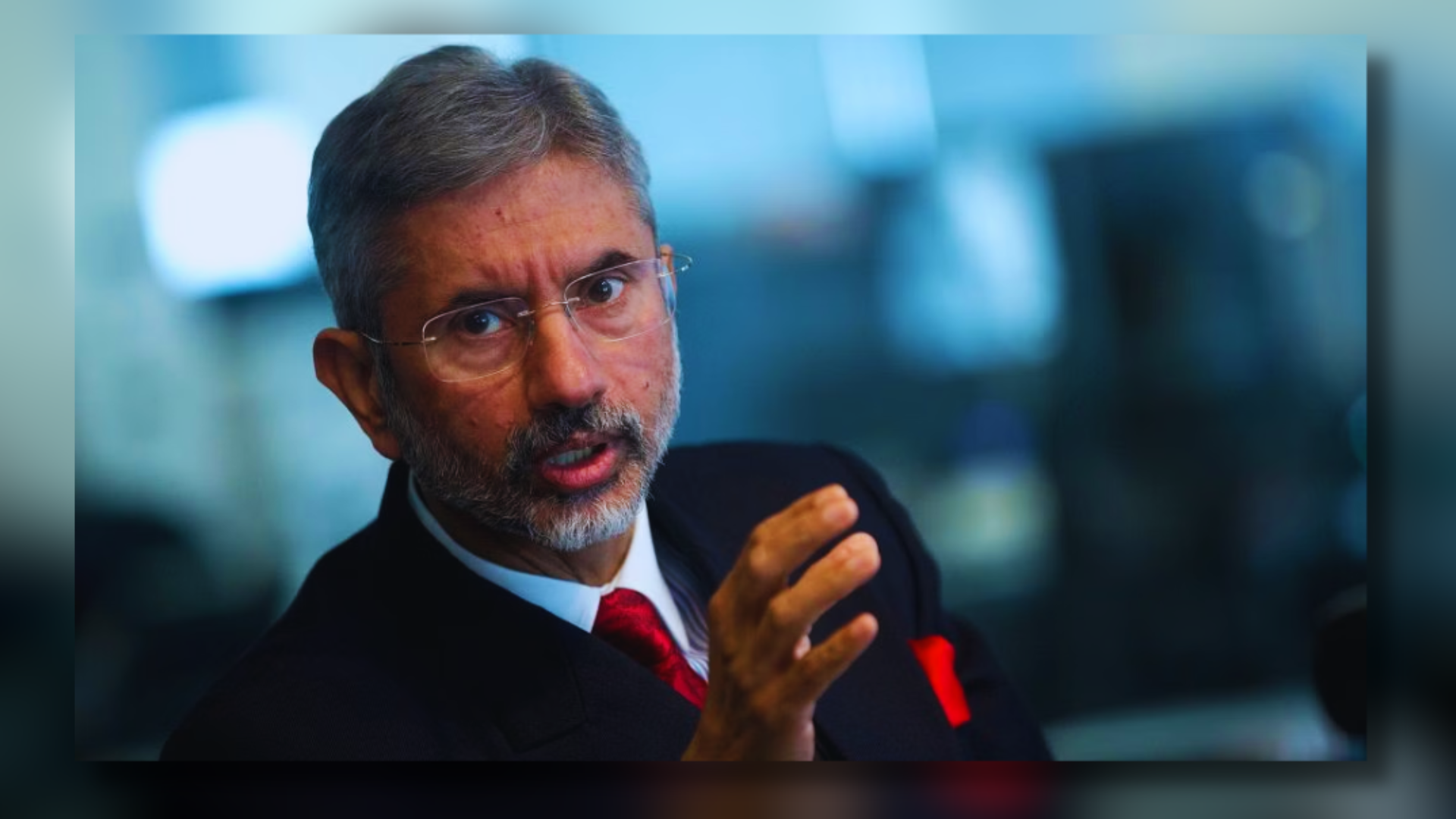Following a report in the British daily, The Guardian alleging that India’s external intelligence agency, R&AW, conducted operations to eliminate wanted terrorists within Pakistan, External Affairs Minister S Jaishankar reiterated the government’s firm commitment to counter any terrorism originating from across the border.
He emphasized that we “cannot have any rules” and compared the response to the 26/11 Mumbai terror attacks during the previous Congress-led UPA government, expressing that dealing with terrorists requires flexibility as they do not adhere to any rules.
“After the 26/11 attacks in Mumbai, the UPA government held various rounds of discussion only to come to the conclusion that ‘the cost of attacking Pakistan is more than the cost of not attacking it’. Something like Mumbai happens, if you don’t react to it, how can you prevent the next one from happening?” the EAM said during an interaction with the youths of Pune at the launch of the Marathi translation of his book ‘Why Bharat Matters’.
“They (terrorists) should not think; we are this side of the line, so no one could attack us. Terrorists do not play by any rules. The answer to terrorists cannot have any rules,” the EAM added.
When questioned about the most challenging country to maintain positive bilateral relations with, Jaishankar singled out Pakistan, citing past acts of terrorism originating from across the border in the former state of Jammu and Kashmir. He recalled instances where Pakistan dispatched tribal individuals from its north-western region to carry out attacks in the former Indian province.
At that time, the government classified them as ‘infiltrators’ rather than ‘terrorists’, implying a portrayal of them as a ‘legitimate force’.
“Narendra Modi came (to be Prime Minister) only in 2014, but this problem did not begin in 2014. It started in 1947, not even after the Mumbai terrorist attacks (of 26/11). This started in 1947. In 1947, the first people came from Pakistan in Kashmir, and attacked Kashmir…it was terrorism. They were blazing towns, cities. They were killing people. These were people from Pakistan’s northwest front…the Pakistani army put them on the frontlines and asked them to totally disrupt Kashmir, saying, ‘we will come after you’,” Jaishankar said.
“What we did do? We sent the army, and then Kashmir’s integration happened. The army was doing its work but we stopped. After that, we went to the UN. If you see, there is no word of terrorism in it (India’s demands before the UN on the Kashmir dispute back in the day). It says tribal invasion, like it was a legitimate force. In 1965, the Pakistan Army, before attacking, sent infiltrators… We have to be very clear in our mindset. In no situation is terrorism acceptable,” Jaishankar added.
In May of last year, the External Affairs Minister said the “victims of terrorism do not sit together with perpetrators of terrorism”.
During a press conference following a meeting of the SCO Council of Foreign Ministers, Jaishankar strongly criticized the then-Foreign Minister of Pakistan, Bilawal Bhutto Zardari, for his remarks on ‘weaponizing terrorism’.
“Victims of terrorism do not sit together with perpetrators of terrorism to discuss terrorism. Victims of terrorism defend themselves, counter acts of terrorism, they call it out, they legitimise it and that is exactly what is happening. To come here and preach these hypocritical words as though we are on the same boat,” Jaishankar said.
ALSO READ
Fashion Icon Roberto Cavalli, Master Of Animal Prints And Riviera Elegance, Passes Away At 83

















